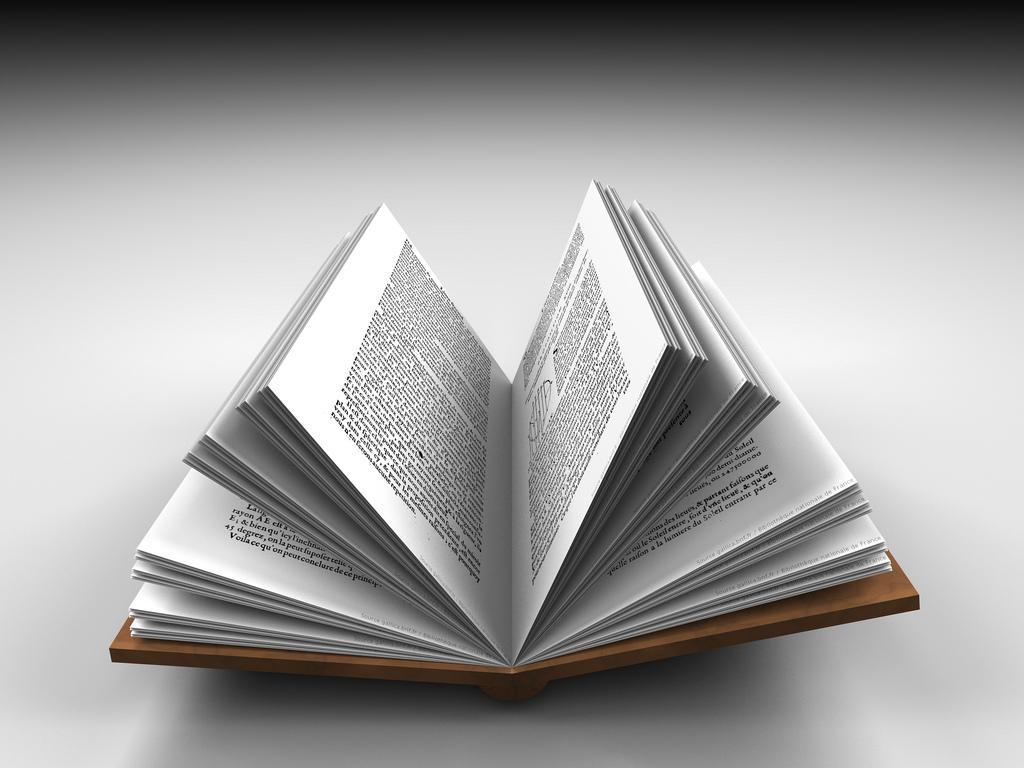How to Write a Book Report

The introduction presents the main information about your book. Include the following:
- Title of the book which is either underlined or italicized
- Genre
- The author’s first and last name
- Where the book was published
- The date of publication
Your introduction for both fiction and non-fiction may also include background information about the author, the main sections you will be focusing on, and questions you will raise.
The main body makes up the essence of the book report. It is here you go more in depth and present and discuss your main headings or sections from your outline.
For Fiction:
- Setting – Where and when (present, past or future) the story take place
- Social circumstances – The social conditions of the time.
- Main characters – Description of the characters and their personalities.
- A plot summary – The basic plot in the story. What happens. The most important events.
- Climax of the story –The most intense moment; the turning point of the story.
- Point of view – Through whose eyes the story is being told.
- Style – the author’s style. The mood and tone of the story (choice of words, use of metaphor, etc.)
- Themes –The main ideas behind the story.
- Personal impressions – Your thoughts and opinions about the book. Your likes and dislikes regarding the ending.
For Non-fiction:
- Author’s topic – What the author is writing about.
- Main points - What the main thesis of book is. – Make a short summary of the author’s main points.
- Arguments – The arguments the author uses to prove his case. Do you agree with him?
- Conclusions – The author's final opinion. Do you agree?
- Personal Impressions – What did you learn? Did you think it was interesting?
- Would you recommend the book to others?
A conclusion is a final paragraph which summarizes the main points in your book report. It should recapitulate your introduction and answer questions raised in the introduction. You may be required to give your personal impression of the book as a whole, discuss its strengths and weaknesses, give your reasons for likes and dislikes, or maybe explain what you have learned.
Related content
The following article will give you an understanding of the basic elements of literary analysis.